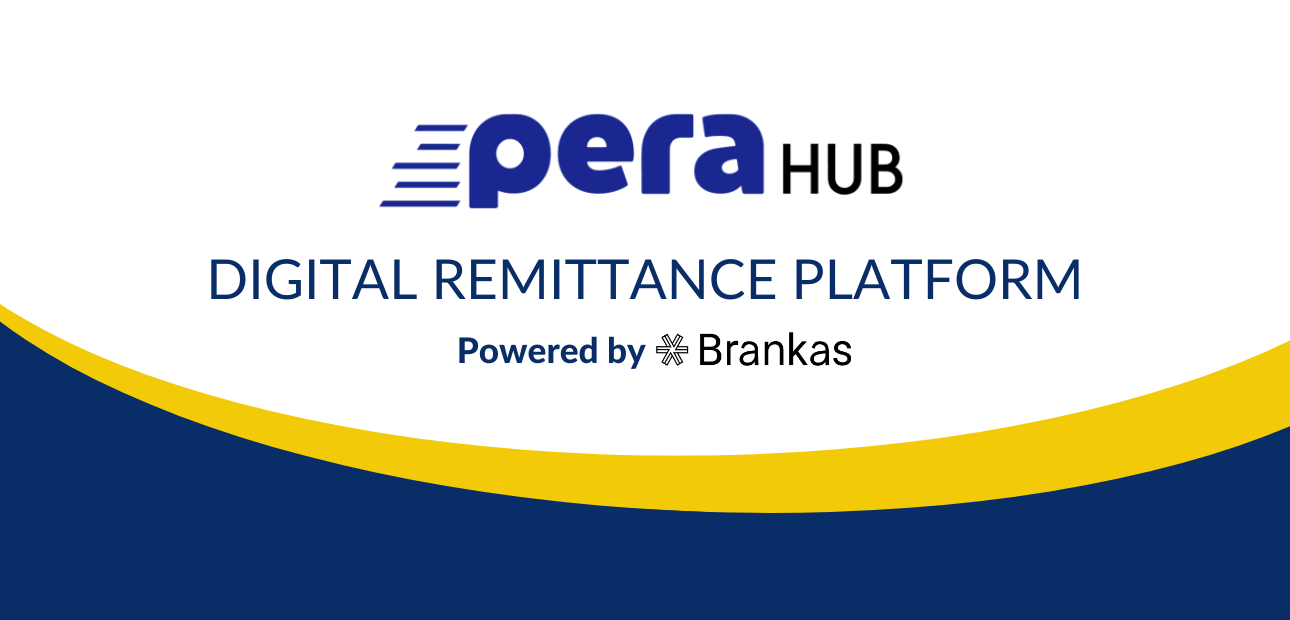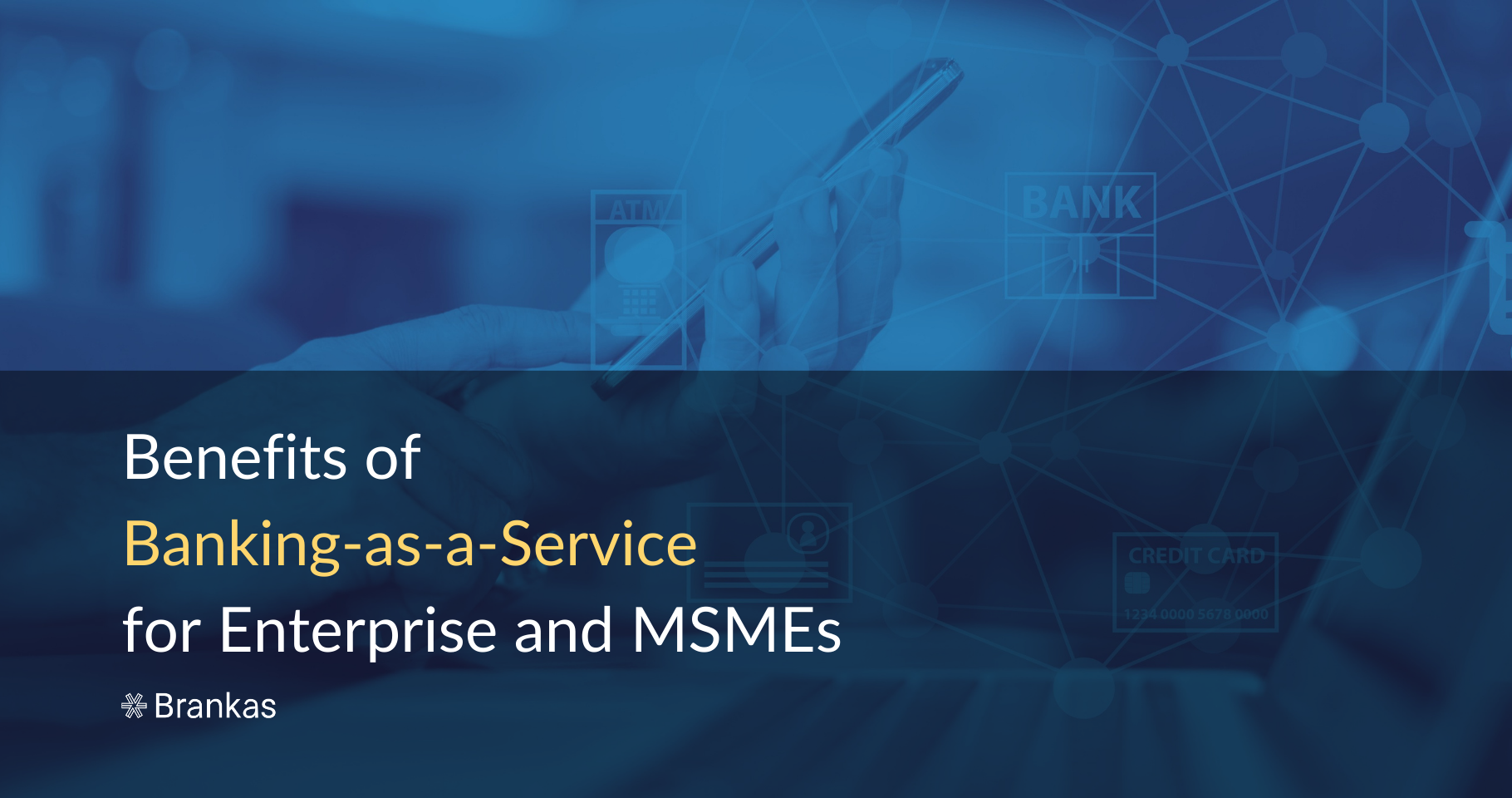
PERA HUB by PETNET, a top financial service provider in the Philippines, partnered with Brankas in 2021 to launch a Digital Remittance Platform. Read about it.

Convenience is critical in today’s fast-paced world. Customers may find it taxing to manage their finances over different services when transacting with a brand, impacting their customer journey albeit rather unpleasantly. Fortunately, rising consumer expectations encourage the digitization of most banking processes to make customer transactions seamless.
For instance, technologies such as Banking as a Service (BaaS) make financial data exchange between services easier, even among non-banking enterprises. Meanwhile, open banking lets companies access critical financial data from multiple sources to improve their services.
The banking landscape is rapidly developing, emphasizing how efficient and convenient financial services are more crucial than ever. Data suggests that by 2028, BaaS' global market size will reach $51.2 billion, with a growth of 15.6%, setting a precedent for what everyone can expect in the banking sector.
Let’s delve deeper into what BaaS is and how it can improve the services of non-bank organizations.
Banking as a Service is a system in which non-bank businesses partner with banks and offer financial products and services to their customers. This system is possible with the bank’s application programming interfaces (APIs), a way for computer programs to communicate.
As this technology dominates the fintech landscape, it’s best to collaborate with banks and financial institutions to stay competitive. Fortunately, there are plenty of Banking-as-a-Service providers to choose from.
A top option is Brankas' Open Finance Suite, which can unlock BaaS for your organization with world-class open banking technology. This service provides an all-in-one platform for remittance, payment, loan origination, and other similar capabilities that let you build and host financial APIs to onboard partners and merchants into your ecosystem.
Given their similarities, there’s bound to be confusion between BaaS and open banking. However, it’s crucial to differentiate the two to understand how they work.
As more businesses shift online, taking advantage of the opportunity to provide convenient banking services is becoming essential for brand loyalty. Here are some benefits BaaS delivers to expand your operations.
BaaS benefits lead to one central idea—grow your business by improving customer experience. Integrating financial services directly on your website makes transactions seamless. In turn, you can increase revenues and remain competitive while significantly enhancing the customers' experience with your brand.
Are you interested in leveraging BaaS for your enterprise? Our Open Finance Suite offers world-class open banking technology that makes BaaS integration seamless for enterprises and MSMEs. Contact us to learn more.

PERA HUB by PETNET, a top financial service provider in the Philippines, partnered with Brankas in 2021 to launch a Digital Remittance Platform. Read about it.

In this blog post we will see how Jaeger tracing can be easily added to a gRPC application in Go inside a distributed microservices architecture. Read it today.